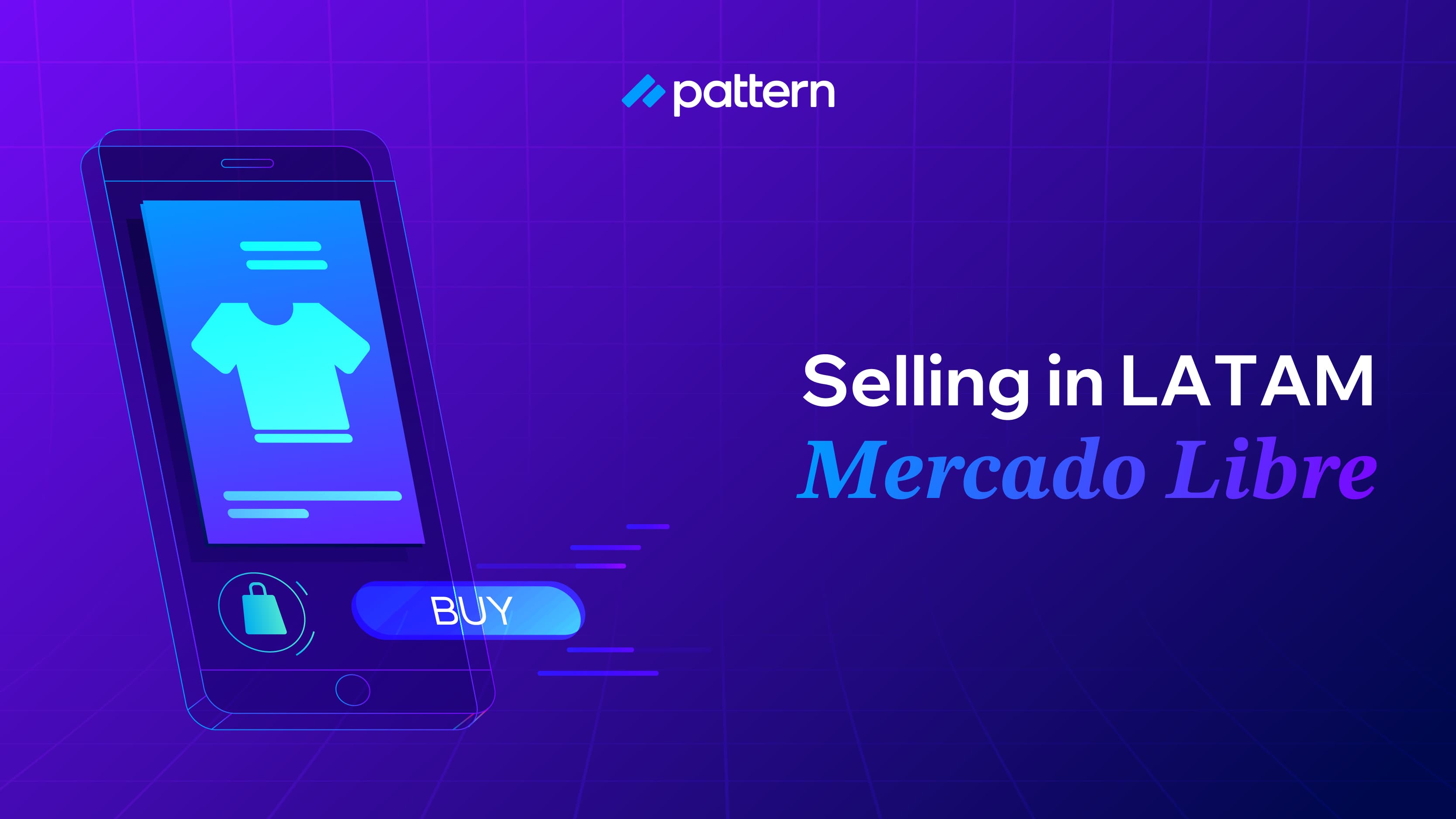The Key to Awareness vs. Defense Keyword Strategy in Advertising
Advertising keywords are essential for your brand to show up at the right time, in front of the right customer. A crucial piece of keyword strategy? Your Brand Defense vs. Brand Awareness approach.

Keywords are the foundation of manual Sponsored Products & Sponsored Brand campaigns. They determine when an ad will be triggered, and if there’s anything we know about ecommerce, it’s that it’s important to put the right product in front of the right customer at just the right time. This requires strategic planning. The most essential strategy for keywords is a Brand Defense vs. Brand Awareness approach.
What are brand defense keywords?
A Brand Defense strategy uses branded keywords that contain the product’s brand name or widely recognized product name. For example, Capri Blue is the brand name of Volcano candles. Because of their brand recognition, both “capri blue” and “volcano candle” are branded terms. We can assume that anyone searching for “volcano candle” is specifically looking for a Capri Blue candle.
It may seem redundant to bid on “capri blue” or “volcano” if the user is already committed to purchasing the product, however, competitors recognize the opportunity of these terms and engage in a tactic called conquesting. This is when a competitor will bid on others’ branded terms in an effort to steal market share.
Think about it, if a competing candle brand were to win the ad auction, and the top spot on a search result page, for the term “volcano candle” that competing brand now has visibility with a customer that was never planning on finding them. This can lead some customers to waver, especially if factors like price or customer reviews seem more appealing from the competitor.
Branded terms defend your own ad real estate against these tactics & keep customers funneling through to your own product & storefront pages. It also provides a more seamless, effortless experience for the customer.
What are brand awareness keywords?
The goal for a Brand Awareness strategy is to, most obviously, build awareness of the brand to audiences who are not yet committed to a brand and convert them. This involves the use of non-branded keywords. Using the last example of Capri Blue candles, awareness keywords would be those like “candle”, “long-lasting candle”, “scented candle”, etc. any keyword that does not contain the branded terms “Capri Blue” or “Volcano”.
An awareness strategy is the most important tactic for a brand looking to grow its market share on Amazon. Awareness campaigns are designed to increase new-to-brand customers. By targeting general keywords, like “candles”, the ads are served to users who are not yet committed to a specific product, but are looking for the type of product Capri Blue offers. Customers searching for general terms are usually looking to shop around, so this is when your listing optimizations and A+ content come into play.
Awareness keywords and campaigns are great for converting new customers but they also come with their own challenges. Other brands recognize this important opportunity and also want to show up for non-branded, general terms. This creates more competition and, therefore, creates more expensive costs-per-click (CPC) on the keywords. The ad real estate also becomes more lucrative & difficult to win during peak shopping times. This is where automated rules & day-parting maximize the available budget for the most profitable return.
What are the KPIs?
Each strategy has a different goal and targets different points of the advertising funnel, resulting in different KPIs to determine success. Prices can also vary by industry, type of product, and time of year (looking at you, holiday season).
Brand Defense keywords are less competitive because the searcher is usually already committed, meaning lower costs-per-click. The average defense CPC on Amazon is between $.50 and $1.50. The lower CPC results in a much higher Return on Ad Spend (ROAS), more advertising sales and better rates of repeat customers.
Brand Awareness keywords are significantly more competitive with higher search volume resulting in higher CPCs, lower ROAS and less sales. The average awareness CPC on Amazon is $3.5. The benefits to awareness keywords are that you can expect higher impressions, more new-to-brand customers, and the opportunity for future retargeting to turn these new customers into brand loyalists.

Implementing brand defense and brand awareness strategies
To implement an awareness vs defense strategy, first, set appropriate goals for both the awareness & defense campaigns, conduct keyword research, and determine the most important KPIs for each campaign.
From there, evaluate the available budget and establish an appropriate breakout between the two. Pattern recommends an aggressive approach, with an 80/20 breakout: 80% to awareness and 20% to defense. If your brand is experiencing more conquesting from competitors, a more conservative breakout up to 60/40 is an option. However, it is important to remain focused on growth and push for more awareness sales for long-term results.
Once the defense & awareness campaigns are accomplishing their predetermined goals, other strategies like retargeting, merchandising, and conquesting can be explored. But in the meantime, stay focused on the essentials!





.jpg)
